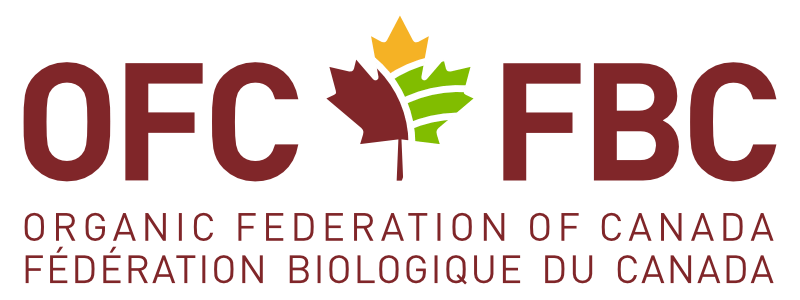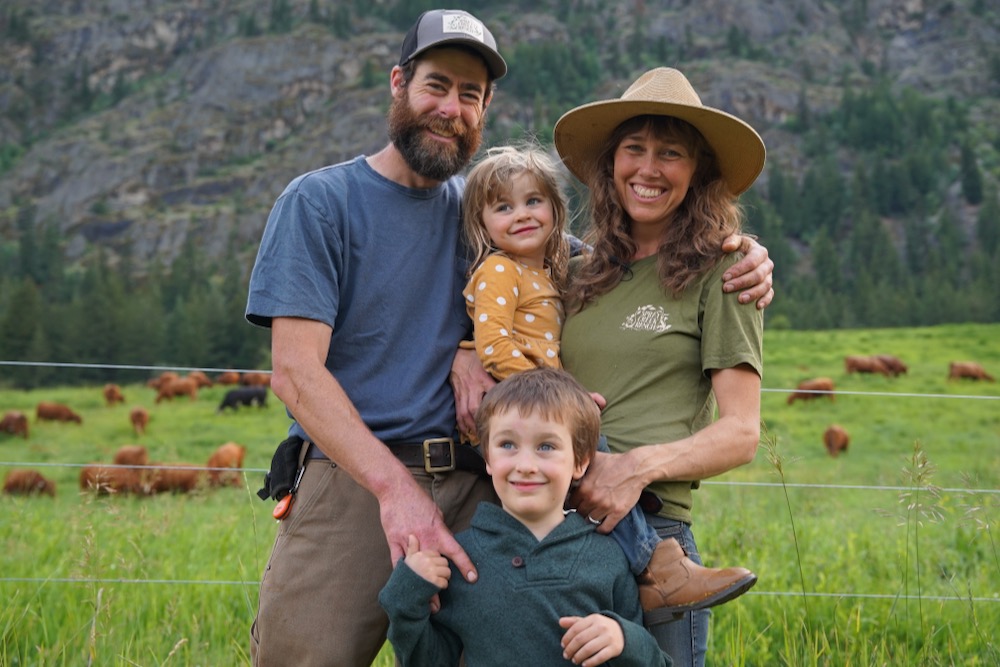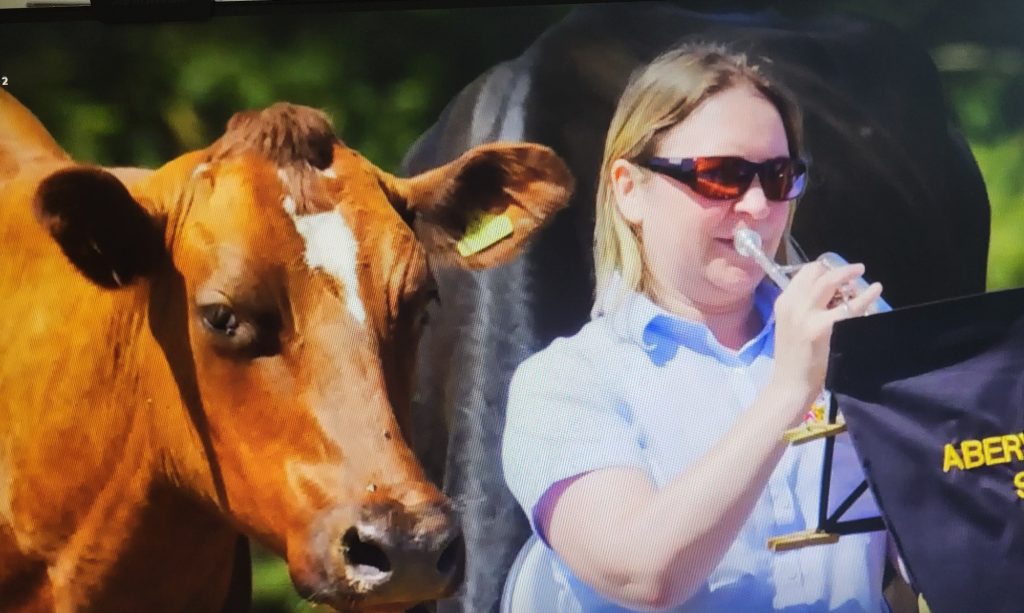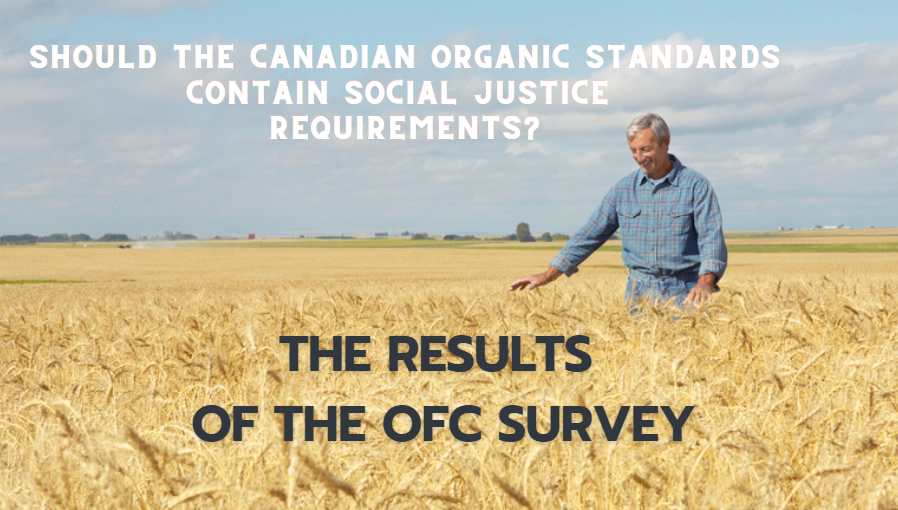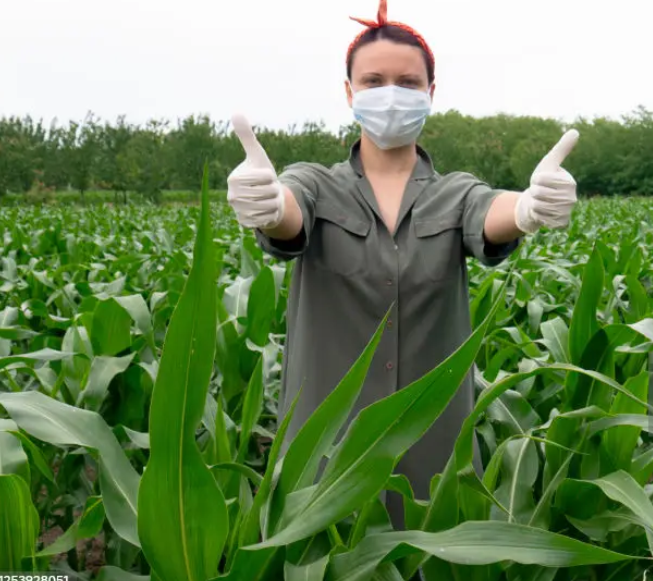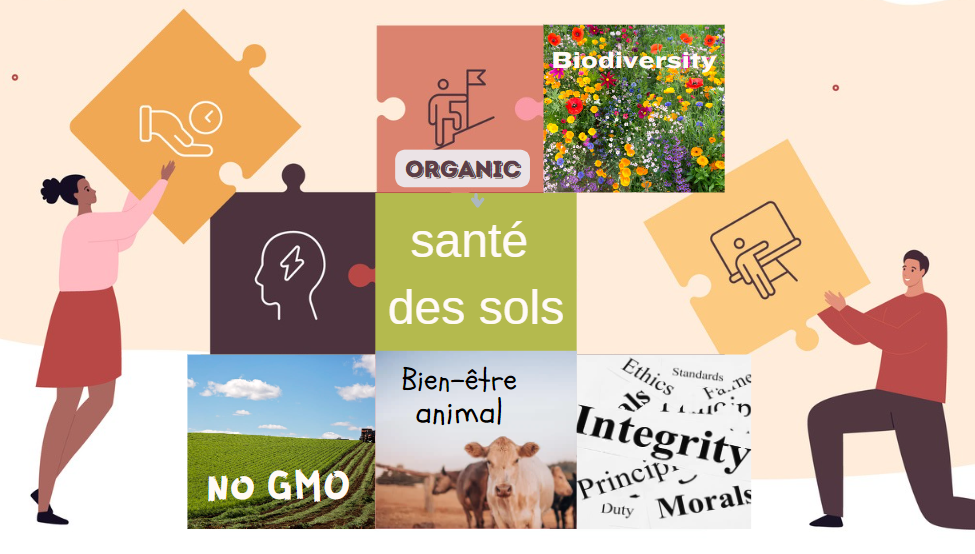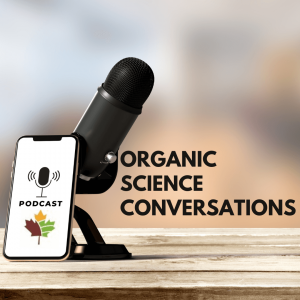Pests and diseases are one of the most significant hurdles facing organic producers. ES CropConsult is an Integrated Pest Management (IPM) consulting company based in the Fraser Valley, BC. The company provides IPM services to both conventional and organic producers in the area and helps to support the Organic Science Cluster 3 (OSC3) Activity 21, managing wireworms in vegetable crops.
The Organic Federation spoke with Heather Meberg, President and Director of Grower Services for ES Cropconsult, about organic practices, IPM, and the importance of organic research.
The ES Cropconsult team monitors farms for insects, mites, and disease from crop emergence until harvest. Serving over 12 commodities and visiting 10,000 acres per week, their portfolio has grown to include extension work for small farms, fact sheets for growers, and individual consultations, all with the goal of helping producers effectively and economically manage their insect pests and diseases. While many of their clients grow conventionally, Meberg notes that the bulk of their staff want things to be more sustainable and see organic practices as the best way to achieve this. “Organic principles are really best management practices”, Meberg states. “These are principles that every grower should be looking to adopt, whether they are organic or not”.
IPM is a decision-based management method that aims to give growers a diverse set of options and tools for dealing with pest and disease outbreaks. A successful IPM program is founded on sound monitoring, to identify potential issues before they become a problem. This allows growers to develop an action plan well in advance. IPM encourages using multiple avenues to control pests, including cultural, physical, biological, and chemical controls, with the end-goal of reducing reliance on chemical control methods. This multi-pronged approach is especially important for organic growers, who have less tools in their toolbox to deal with hurdles as they arise.
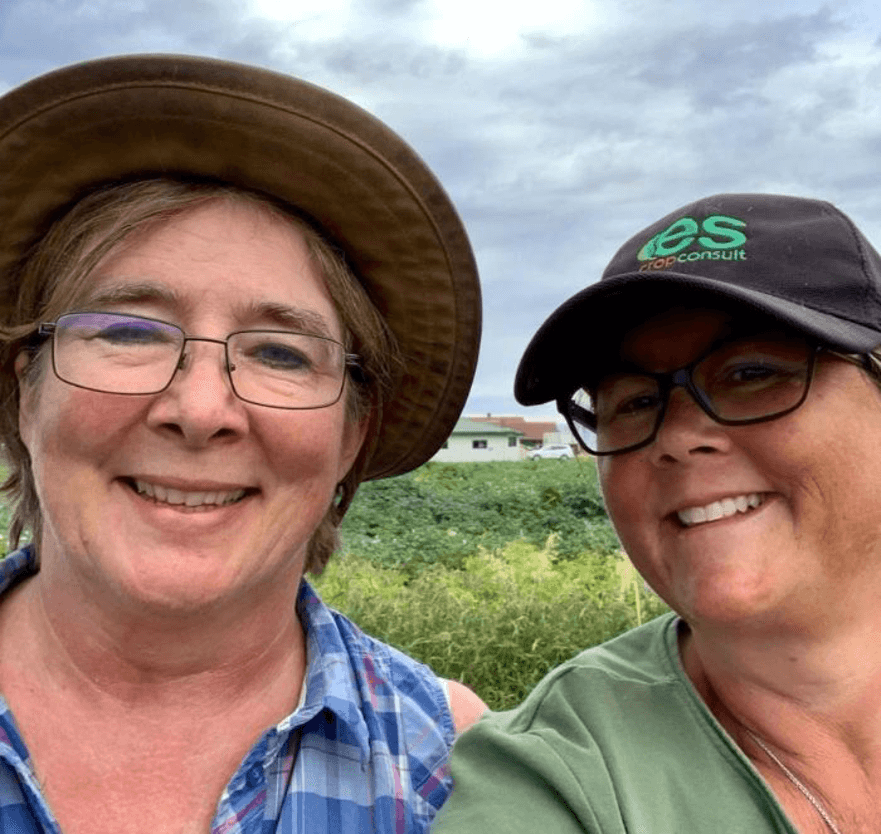
Susan Smith (left), ES Cropconsult BC potato specialist and Heather Meberg (right), Director of Grower Services, photo courtesy of Heather Meberg.
The research that ES Cropconsult supports in the Organic Science Cluster is looking at alternative means of controlling wireworms in potato crops. “Organic potato production has no current defence against wireworm”, says Meberg. Other than crop rotations, organic growers have limited options when it comes to battling the damaging pest. Organic Science Cluster Activity 21 aims to develop a range of biocontrol products and production methods that will attack wireworms at all stages of their life cycle. The research is looking at a multifaceted approach that complements the use of these bioproducts. These techniques include trap crops, which aim to lure wireworms into a single row of sacrificial crops in order to concentrate populations. The research combines multiple methods of controls to give growers a wider range of management options. Meberg states “if the product being developed works, it gives producers another tool to keep growing high quality organic potatoes”.
Meberg notes that the impacts of organic research are felt beyond just organic production. “It’s important to look at a problem from all sides”, says Meberg. “There are many issues that conventional farmers are facing that can be addressed organically”. The more we know about different management options, the more likely growers are to adopt them. Meberg noted an example of a conventional turnip farmer that opted to use wonder-mesh to control a pest infestation in their crop. Even though spraying would be the conventional go-to in this situation, the farmer opted for a physical control solution and ended up having a beautiful crop as a result.
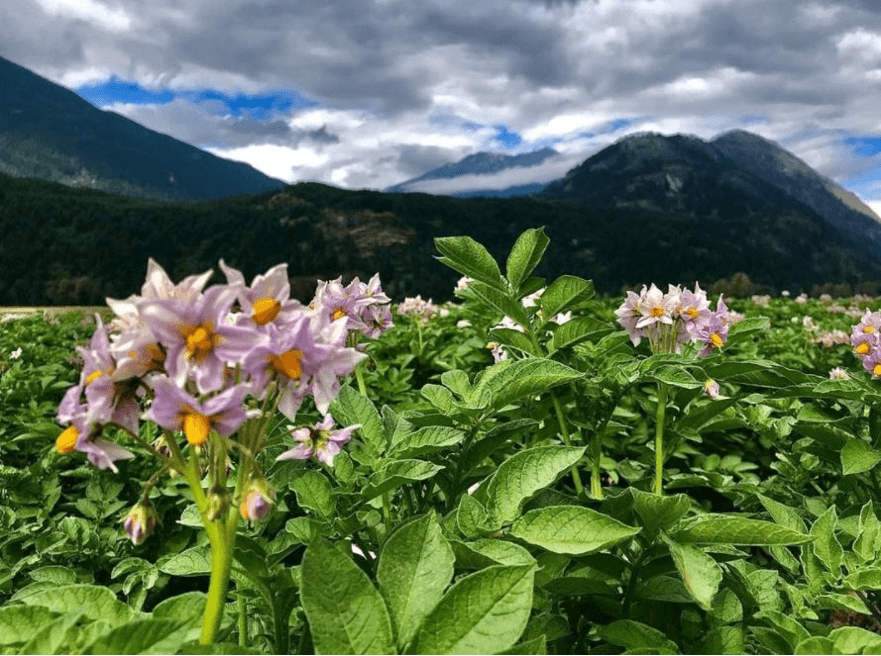
Photo gracieuseté de Marjolaine Dessureault, E.S. Cropconsult Ltd.
Getting involved with Activity 21 was a natural choice for ES Cropconsult. The company has been involved in a variety of organic research projects over the years. Meberg notes that ES Cropconsult has been involved with Todd Kabaluk, the lead researcher on Activity 21, long before the Organic Science Cluster research project came into fruition. “These relationships started many years ago. Having access to the fields and the knowledge of what is going on in them really helps”, says Meberg. “It’s such a small community that working together just makes sense”.
As of 2020, the research activity has identified four new sex pheromones for use with six wireworm species. In field trials, wireworms were significantly reduced using the experimental biocontrol agents. In addition to these promising findings, 2019 studies indicate two new practices that are being recommended to growers. Woven fabric mulch has been shown to protect ground-resting fruit from wireworm penetration and damage, as well as a commercially available organic fertilizer blend called Enterra Natural FertilizerTM (ENF), which is being promoted as a means to control wireworms in vegetables. OSC3 research will be continuing in order to confirm its efficacy as a means of control.
The success of the Organic Science Cluster program relies on the collaboration of researchers with partners in the industry to support the research and spread the word about emerging new practices. The work of ES Cropconsult is particularly valuable as they can apply organic research results also to their non-organic clients. This greatly increases the impact of the research!
To learn more about ES Cropconsult, their work and various research initiatives, visit https://escrop.com/. To learn more about Activity 21, listen to Todd Kabaluk discuss the challenges of controlling wireworm in the Organic Science Conversations podcast interviewed by Jordan Marr.
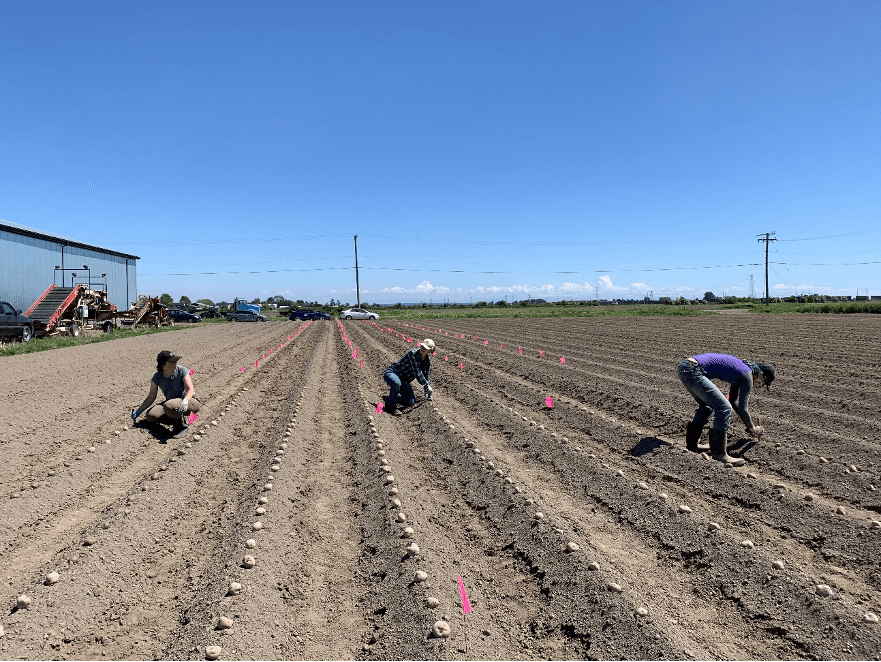
ES Cropconsult crew plants potato field trial, photo courtesy of Heather Meberg.
Manitoba Organic Alliance to Receive Grower Contributions
The Manitoba Government passed a new regulation designating the Manitoba Organic Alliance (MOA) under the Agricultural Producer Organization Funding Act as the organization to receive a new organic check-off fee on organic cereals, pulses and oilseeds. Grain buyers with offices in Manitoba will be required to remit check-off fees to MOA on a regular basis (0.5% of gross sales of the designated crops). Buyers which do not have offices in Manitoba will be asked to voluntarily remit the fees as the regulation applies to all of the regulated commodities grown in Manitoba. The check-off comes into force immediately, so it will apply to grains harvested as of August 12th, 2021.
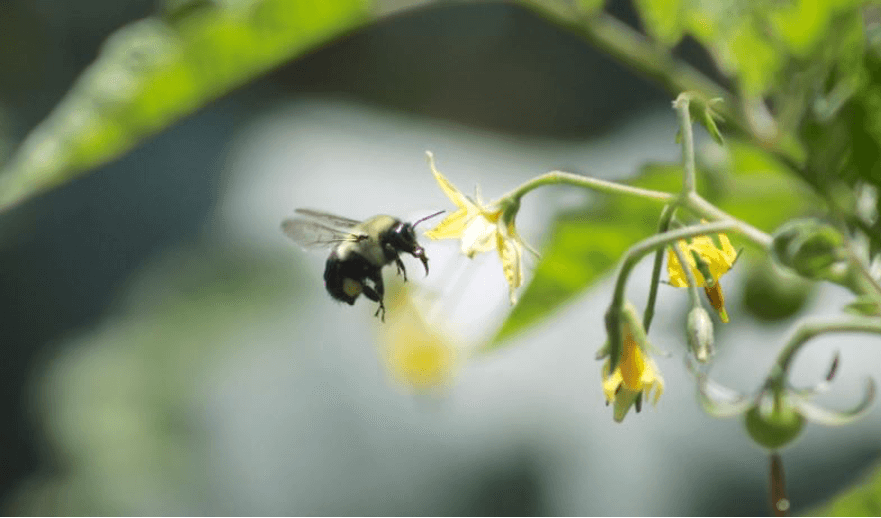
"A cocktail of pesticides, parasites and hunger leaves bees down and out"
A recent meta-analysis in Nature is shedding some light on how agrochemicals, climate change, increasing parasite loads and malnutrition adversely impact bees, and the ways in which pesticide-pesticide interactions increase bee mortalities.
Intensive agriculture is identified as a key stressor to pollinators as they face contamination from agrochemicals, in combination with nutritional deficits due to the lack of nature and pollen-rich diversified flower species present in large-scale, industrial monoculture landscapes.
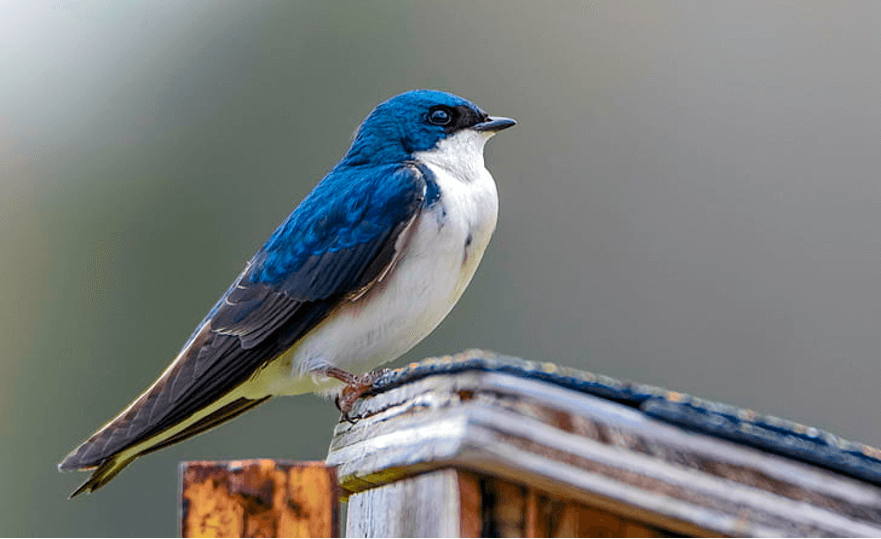
At least 47 contaminants detected in tree swallow nests
A study was recently released in Ecological Applications lead by a team of researchers from the Université de Sherbrooke. The team set out to understand how pesticides get into and impact food webs, studying tree swallows across 40 different farms and analyzing the insects that the swallows would bring to their young in what is one of the largest long-term studies on pesticide presence.
Government of Canada pauses decision on Glyphosate as it strengthens the capacity and transparency of review process for pesticides
And the organic industry applauds this decision!

